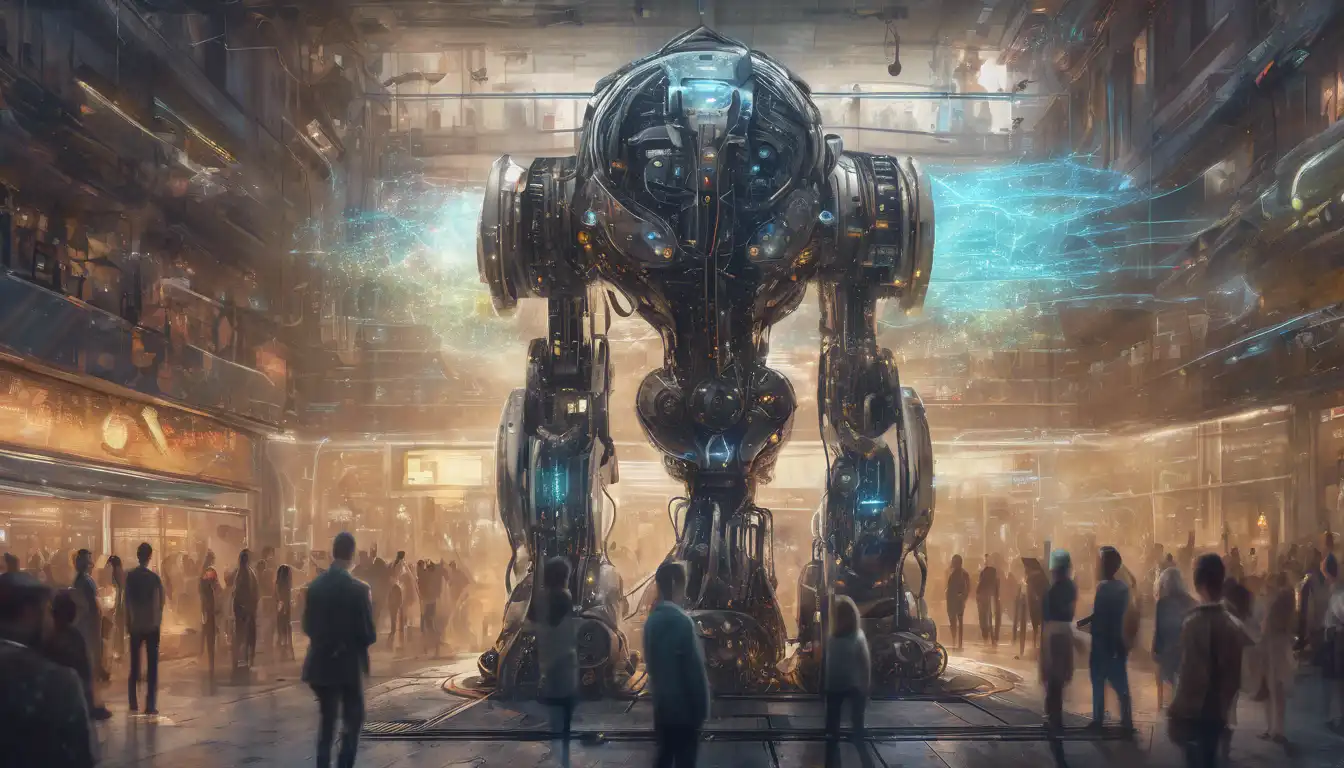Introduction to Machine Learning in Recommendations
Machine learning has revolutionized the way we interact with digital platforms, especially in the realm of personalized recommendations. From streaming services to e-commerce, machine learning algorithms are at the heart of suggesting what movie to watch next or which product to buy. This article delves into how machine learning powers these recommendation systems, making them more accurate and personalized than ever before.
Understanding Recommendation Systems
Recommendation systems are algorithms designed to suggest relevant items to users based on various data points. These systems can be broadly categorized into two types: content-based filtering and collaborative filtering. Machine learning enhances these systems by analyzing vast amounts of data to predict user preferences with high accuracy.
Content-Based Filtering
Content-based filtering recommends items similar to those a user has liked in the past. Machine learning algorithms analyze the features of items to find similarities. For example, if a user frequently watches sci-fi movies, the system will recommend other movies in the same genre.
Collaborative Filtering
Collaborative filtering, on the other hand, recommends items based on the preferences of similar users. Machine learning algorithms identify patterns in user behavior to make these recommendations. This method is particularly effective in e-commerce, where it can suggest products based on the purchasing habits of similar customers.
The Power of Machine Learning
Machine learning algorithms can process and analyze data at a scale impossible for humans. They continuously learn from new data, improving the accuracy of recommendations over time. This dynamic learning process ensures that recommendation systems remain relevant and personalized.
Deep Learning in Recommendations
Deep learning, a subset of machine learning, takes recommendation systems to the next level. By utilizing neural networks, deep learning can understand complex patterns in data, enabling even more precise recommendations. This technology is behind the most advanced recommendation systems used by platforms like Netflix and Amazon.
Challenges and Solutions
Despite their effectiveness, machine learning-based recommendation systems face challenges such as data sparsity and the cold start problem. However, techniques like matrix factorization and hybrid recommendation systems are being developed to overcome these issues, ensuring that users receive relevant recommendations from the outset.
Future of Recommendation Systems
The future of recommendation systems lies in the integration of more advanced machine learning techniques, including reinforcement learning and natural language processing. These advancements will enable systems to understand user preferences at an even deeper level, offering recommendations that are not just personalized but also contextually relevant.
As machine learning continues to evolve, so too will the capabilities of recommendation systems. The potential for these technologies to transform our digital experiences is limitless, promising a future where every recommendation feels tailor-made.
For more insights into the power of machine learning, explore our articles on AI advancements and data science trends.
